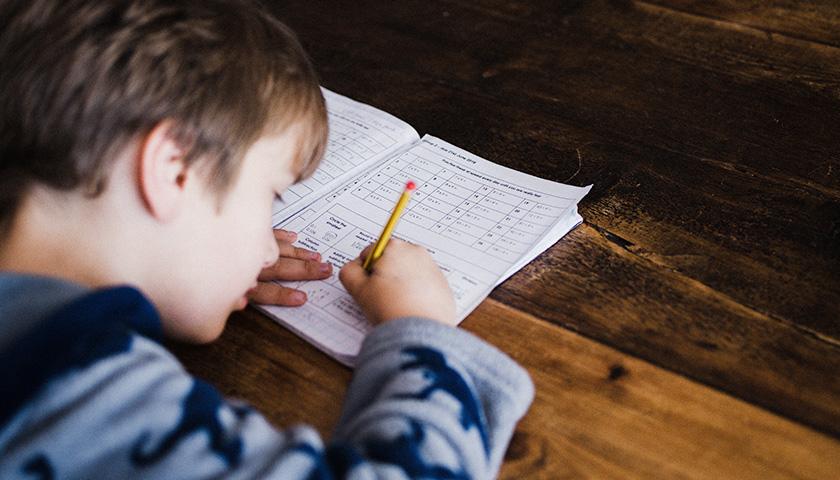by Lauren Jessop
Less than half of elementary school students in Pennsylvania score proficient in mathematics, according to the state Department of Education.
But, a bipartisan bill introduced in the Senate would offer schools a tool with purported success rates for improving those skills.
“There is a great need to implement an opportunity statewide to ensure we are continuing to close the learning gap that currently exists,” said Sen. Lisa Boscola, D-Bethlehem, prime sponsor of the bill.
The legislation would provide all students in kindergarten through fifth grade access to an online supplemental math program called First in Math. The program would not be part of the curriculum, and its use is not mandatory. It would also require the department to establish criteria to measure outcomes, as well as report annually the number of school entities that downloaded the program.
The department would also be responsible for selecting and administering the program over a five year period, and its use would be optional and flexible – engaging students with math games designed to strengthen fact fluency, computational thinking, and other critical math skills.
Boscola said the program is currently being used by approximately 20% of students in the state and the results are extremely encouraging, including increased engagement and grade-level fluency.
The program can supplement class work and be extended for summer learning, she added.
A Lehigh University study conducted at Marvine Elementary School located in the Bethlehem Area School District found that fourth graders achieved a 32.9 percentage point increase using the program.
Marvine Elementary is a Title 1 school with 96% of students receiving a free or reduced lunch and 92% minority enrollment. Use of the program resulted in students scoring proficient or advanced on the Pennsylvania System of School Assessment mathematics test.
PSSA data from 2022 shows students statewide in grades three through eight average a 21% proficiency level in math, but 37% fall below basic.
Proficiency also drops with each advancing grade level. Third graders tested at 26.9% proficient, and by grade eight the average was only 15.7%.
Although student learning suffered during the pandemic, PSSA data from 2019 still shows only 25.6% of students were proficient in math. The difference was more noticeable in the below basic category, which was 28.9% at the time.
The New York State Education Department recently appropriated $7.5 million in funding over a five-year period to launch a similar program at no cost to districts or students.
Seth Rolko, executive director of the Consumer Protection and Professional Licensure Committee – on which Boscola serves as the Democratic chairwoman – told The Center Square that funding for the supplemental program could come from the education department’s budget, but they are hoping it could be as simple as a line item allocation in this year’s state spending plan.
Based on New York’s allocation, and comparing the population of both states, Rolko said the program could cost roughly $4.8 million over five years.
– – –
Lauren Jessop is a contributor to The Center Square.
Photo “Elementary School Student” by Annie Spratt.





